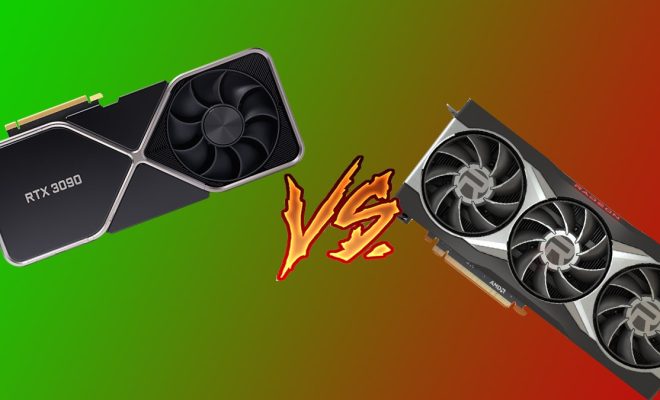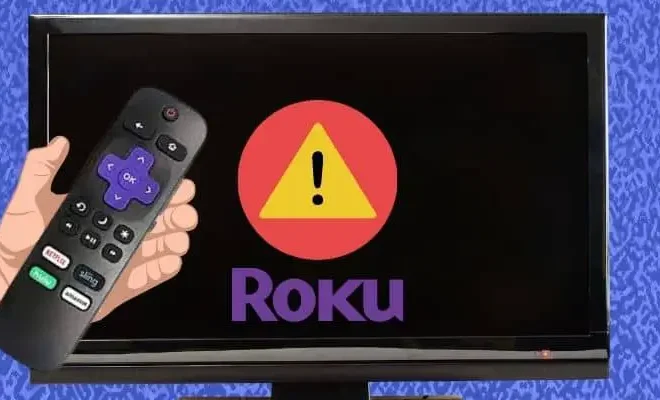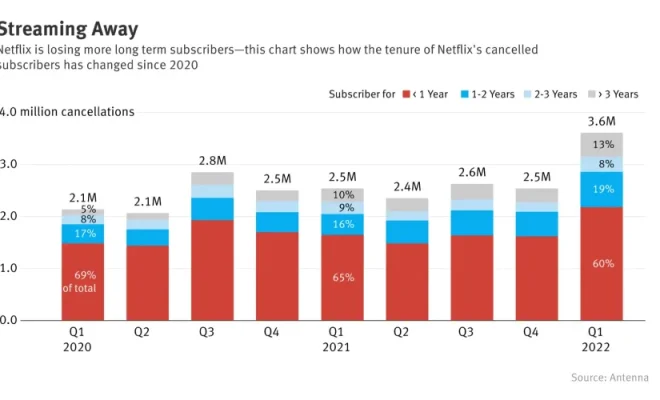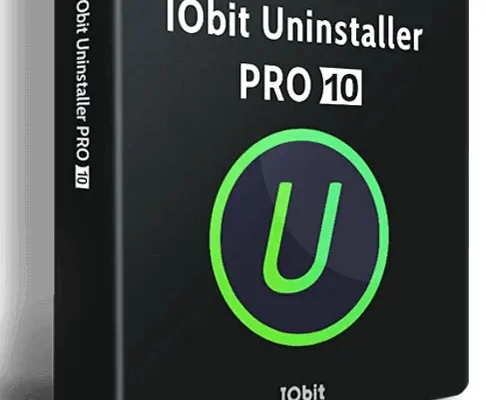Reasons to Choose Windows 10 Over Windows 11
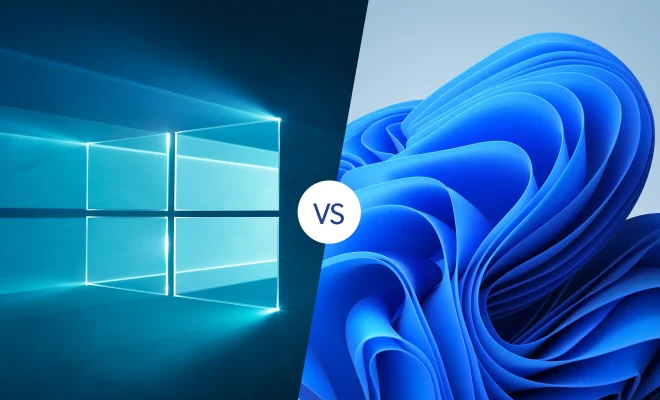
As the release date for Windows 11 draws near, many users are wondering whether they should upgrade or stick with the tried-and-true Windows 10. While Windows 11 has promised some exciting new features and improvements, there are still plenty of reasons to choose Windows 10 instead.
Compatibility
One of the biggest reasons to opt for Windows 10 is compatibility. Windows 11 requires newer hardware to run, which means that users with older machines might not be able to upgrade at all. Even those who can upgrade may find that certain software programs and devices are no longer supported in Windows 11. This can be a major issue for businesses and individuals who rely on specific programs or hardware that may not be compatible with the new operating system.
Stability
While Windows 11 promises to be more stable than previous versions of Windows, it’s important to remember that it’s still a brand new operating system. With any new software, there are bound to be bugs and compatibility issues. On the other hand, Windows 10 has been around for several years now, which means that most bugs and compatibility issues have already been addressed. It’s a more stable platform overall, which means less downtime and fewer headaches for users.
Familiarity
Another big reason to choose Windows 10 over Windows 11 is familiarity. Windows 10 has been around for so long that most users already know how to use it inside and out. Switching to a brand new operating system can be a jarring experience, especially if the user interface and navigation are significantly different. Windows 11 may offer some improvements to the user experience, but that doesn’t mean it will be easy or intuitive for everyone to use.
Cost
Finally, it’s worth mentioning that upgrading to Windows 11 will likely come with a cost. While Microsoft has not yet announced pricing for the new operating system, previous upgrades have cost around $129.99. That may not sound like much, but for users who are satisfied with Windows 10 and don’t need the new features in Windows 11, it’s an unnecessary expense. Plus, many users may not be able to upgrade anyway due to hardware limitations, so they’ll be stuck with an unsupported operating system even if they did want to upgrade.
In conclusion, there are several compelling reasons to stick with Windows 10 instead of upgrading to Windows 11. From compatibility issues to stability concerns, the new operating system may not be the best choice for everyone. While some users may be excited about the new features in Windows 11, others may find that Windows 10 still meets their needs just fine. Ultimately, it’s up to individual users to decide which operating system is right for them.

